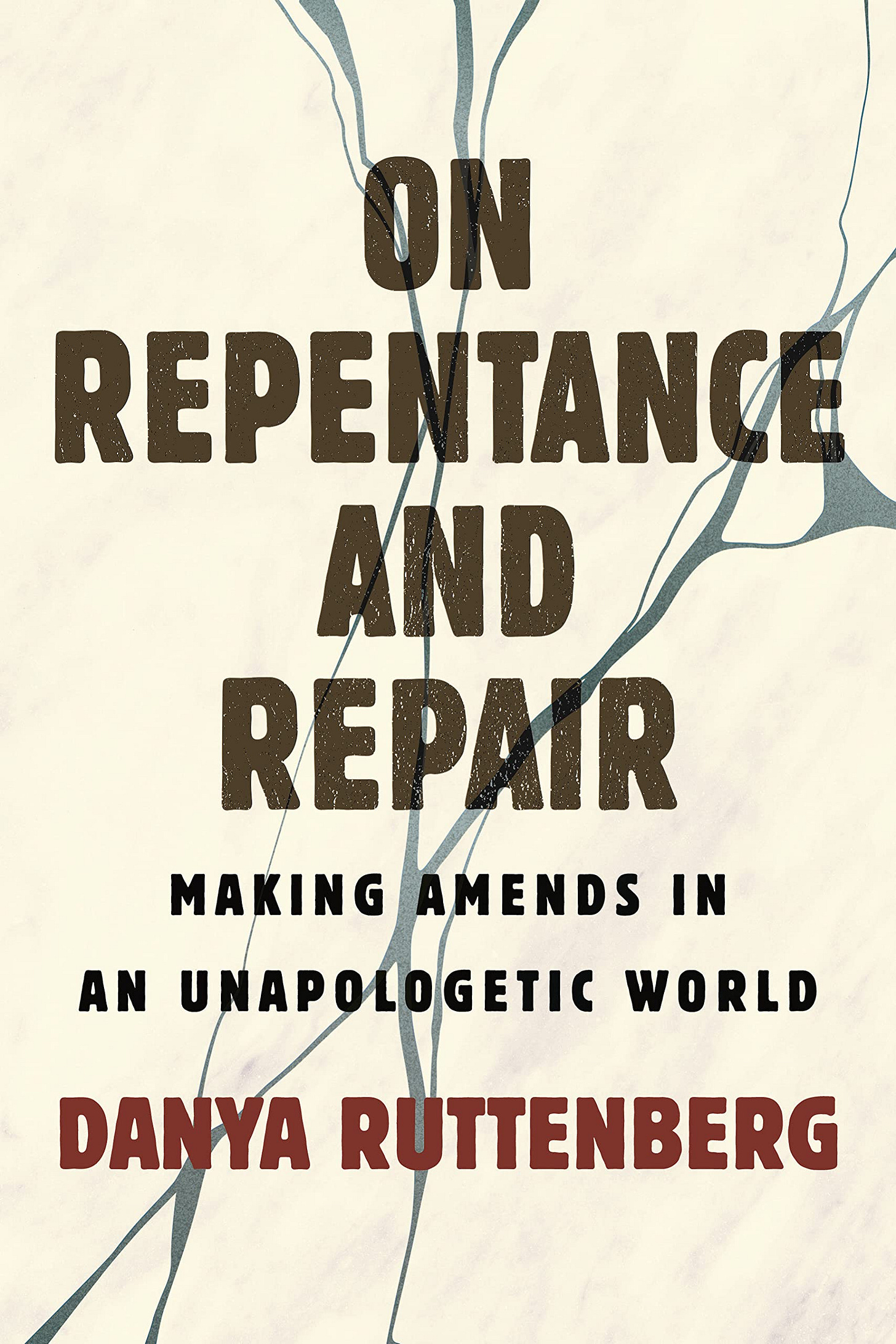This week’s guest is Rabbi Danya Ruttenberg, author of the new book On Repentance and Repair: Making Amends in an Unapologetic World. This show is not typically interfaith, but when the opportunity to read Rabbi Ruttenberg’s latest arose, I leapt at the chance. I’ve followed her on Twitter for years and admire her work immensely. On Repentance and Repair is an immensely helpful book that helps reframe what repentance, repair, and forgiveness mean.
Those terms are loaded for people whose faith was formed in white evangelicalism. They have often been used and abused by people in positions of authority to manipulate those they’ve wronged into “forgiving” them as a way of absolving themselves and maintaining their positions of influence. Rabbi Ruttenberg explores the value and other meanings of these words in a way that can benefit all people, regardless of their faith or lack thereof.
If you do not have a local bookstore or are in the Amazon ebook ecosystem, use this link to buy the book and to support the show.
Be sure to subscribe to Rabbi Ruttenberg’s Substack here:
How to support the show:
You can rate and review the show on Apple Podcasts or Spotify.
You can tell people about the show.
You can also support the show by subscribing to my Substack publication, The Post-Evangelical Post, for free, or upgrade to paid at $4, $6, or $8 per month and get access to:
ad-free podcast feeds,
Discord, and more.
I donate 25% of my net revenue to The Religious Exemption Accountability Project and White Homework.
Exvangelical is a production of The Post-Evangelical Post, LLC. This interview was edited by Podcat Audio.
Be sure to subscribe, at $4, $6, or $8/month to receive ad-free podcast feeds & more. I donate 25% of net proceeds to White Homework & The Religious Exemption Accountability Project. Free tiers are also available.







Looking forward to this one. A therapist asked me years ago if I was familiar with Jewish concepts on forgiveness. She said some forms of forgiveness aren’t considered possible to give in this lifetime. That one sentence pointed out to me how harmful a narrow, simplistic understanding of forgiveness can be.